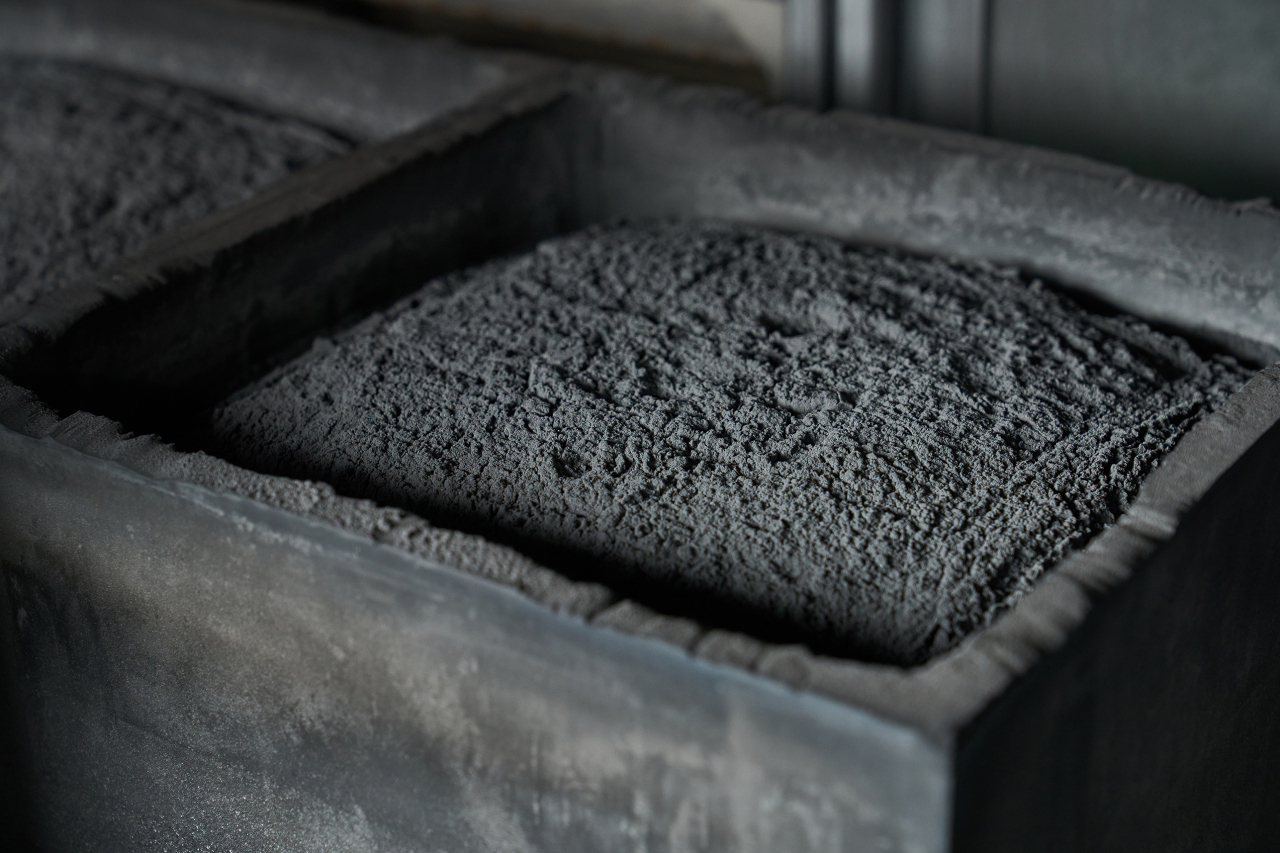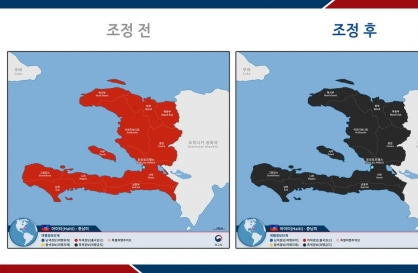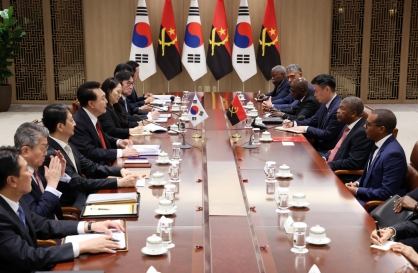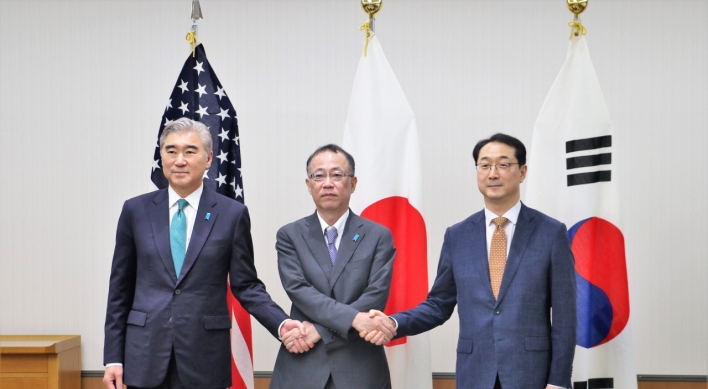China’s export curbs on graphite may raise battery prices for EVs
Korean battery makers, materials suppliers in search of alternatives before price hikes
By Byun Hye-jin
Published : Oct. 23, 2023 - 14:35

China last week unveiled its plans to restrict exports of graphite starting from December, piling pressure on Korean companies that are highly dependent on one of the key anode materials for making electric vehicle batteries.
The world’s top graphite producer and exporter said Friday that export permits will be mandated to ship synthetic graphite material -- including high-purity, high-hardness and high-density versions -- as well as natural flake graphite from China.
Chinese graphite manufacturers must report information on their foreign buyers and receive a green light from the government -- which effectively gives the Chinese government unlimited authority to ban any export deals, according to industry sources.
Korea’s Ministry of Trade, Industry and Energy on the same day held an emergency meeting with the nation’s top battery makers and battery materials companies, who voiced concerns. While the details of the meeting were not made available, the ministry said materials manufacturers have secured the graphite needed for the next two to three months.
Along with the US, India and Japan, Korea is one of the top buyers of Chinese graphite largely due to its cheaper pricing.
During the January-September period this year, 94.3 percent of synthetic graphite worth $74.61 million was imported from China, according to customs data from the Korea International Trade Association. During the same period, 97.7 percent of natural graphite was shipped from the country as well.
Although Korean battery makers do not directly import graphite, their materials suppliers, including Posco Future M, are heavily reliant on China-made cost-effective graphite to produce anode materials.
Industry insiders say the alternatives from countries other than China could be expensive and lead to a surge in battery prices. Graphite takes up around 10 percent of the battery’s production cost.
“In addition to the existing supply deals, our purchasing department is looking into additional options to secure extra (graphite) products,” said an official from a battery maker on condition of anonymity.
An official from Posco Future M said the company has graphite enough to supply for one and a half months and is securing an extra amount before the restriction takes effect to avoid supply glitches.
In the long run, the company is striving to diversify its supply chain and start production within Korea to reduce its dependency on imports from China.
Its sister company Posco International last month forged an annual supply deal with Africa for 9 metric tons of high-density natural graphite. Posco Future M also secured a technology that could develop anode materials using synthetic graphite last year for the first time in Korea.
Experts say China’s export curbs come amid an intensifying tech war between Washington and Beijing, whose battlefields extend from advanced chips to the mobility sector.
“China-made graphite is cheap because it has been free of environmental costs caused by regulations on air or water pollution. But if China tightens exports, the perceived value of anode could increase two to three-fold due to a drastic supply shortage and surge in demand for graphite, increasing the price of EV batteries,” said Choi Jae-won, a chemistry professor at Gyeongsang National University.
But the price jump is likely to be “bearable” compared to nickel or cobalt – key minerals for cathode materials -- noted Choi, adding that it will not be that challenging to find alternatives because graphite can be extracted by burning trees or synthetic chemicals, or through the oil refining process.
“It might take time and money to set up graphite production bases within Korea or countries other than China, but Korean firms are capable of producing high-quality materials compared to China-made ones,” he said.
Meanwhile, China’s export curbs on graphite were followed by similar measures imposed on two chipmaking metals, gallium and germanium, on Aug. 1.



















